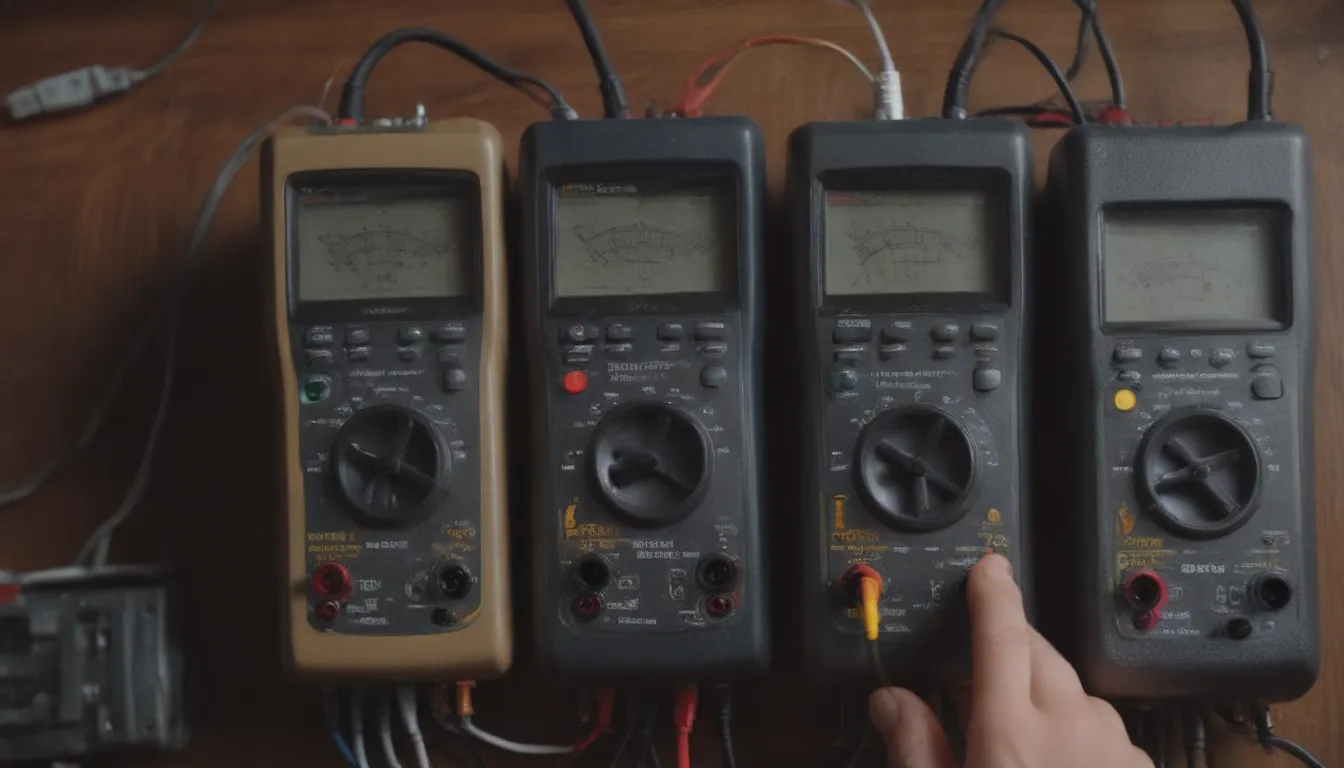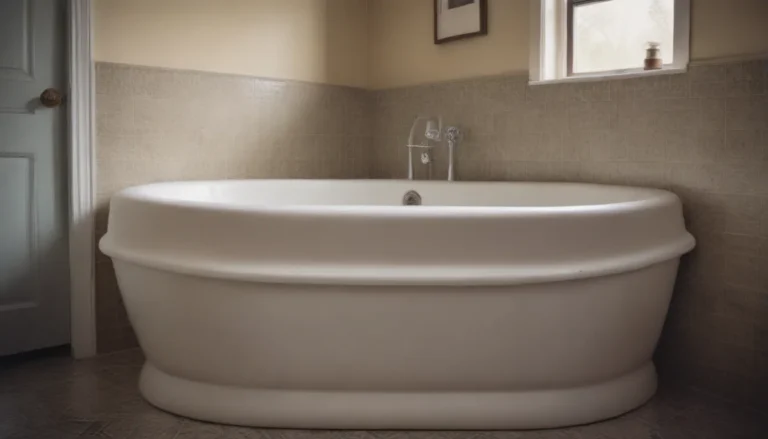Understanding Electrical Testers: A Comprehensive Guide for Homeowners and DIY Enthusiasts

As a homeowner or DIY enthusiast, having a basic understanding of electrical testers is essential for ensuring the safety and functionality of your electrical systems. Professional electricians rely on various types of electrical testers to diagnose issues such as voltage, amperage, continuity, and wiring problems. By familiarizing yourself with the different types of electrical testers available, you can increase your expertise and tackle electrical projects with confidence.
The Importance of Electrical Testers
Electrical testers are indispensable tools that help you identify and troubleshoot electrical problems in your home. While some testers are multifunction devices that can perform a wide range of tests, others are single-function tools designed for specific tasks. By choosing the right electrical tester for your project, you can work efficiently and effectively to ensure the safety of your electrical system.
Different Types of Electrical Testers
Here are eight common types of electrical testers and a brief overview of how they are used:
Non-Contact Voltage Tester (Inductance Tester)
- Best for: Checking for voltage without direct contact with electrical parts.
- Description: A mini wand with a tip that senses voltage in wires or devices.
- Usage: Simply stick the tip of the tester into an outlet slot or touch the outside of a wire to detect voltage.
Tip: Ensure the battery is fully charged before testing a circuit to verify the tester is working properly.
Neon Voltage Tester
- Best for: Determining the presence of voltage in a circuit.
- Description: A tool with a neon light that illuminates when voltage is detected.
- Usage: Touch one probe to a hot wire and the other to a neutral or ground contact to check for current.
Tip: Handle the tester with caution to avoid accidental shocks when testing live circuits.
Plug-In Circuit Analyzer
- Best for: Testing grounded outlets with three slots.
- Description: A device with neon lights that indicate specific test results.
- Usage: Plug the analyzer into the outlet to determine wiring conditions.
Continuity Tester
- Best for: Checking the integrity of electrical paths in devices.
- Description: Battery-powered device that illuminates when a circuit is complete.
- Usage: Turn off the power before testing to avoid accidents.
Multimeter
- Best for: Versatile testing functions such as resistance, voltage, continuity, and capacitance.
- Description: Boxy device with digital or analog readout and metal probes.
- Usage: Set the test function and connect the probes to test circuits.
Solenoid Voltage Tester
- Best for: Testing voltage and polarity in circuits.
- Description: Known as “wiggies,” these testers announce voltage presence through clicking or vibrating.
- Usage: Ideal for simplifying voltage testing compared to multimeters.
Digital Clamp Meter
- Best for: Combining multimeter functions with a current sensor.
- Description: Specialty tool with clamping jaws for safely testing wire conductors.
- Usage: Useful for advanced electrical work requiring current measurement.
Wand Voltage Meter
- Best for: Numerical voltage testing using electrostatic wands.
- Description: Detect and measure voltage by holding the wands near wires.
- Usage: Ideal for professional electricians working on complex electrical systems.
Choosing the Right Electrical Tester
When selecting an electrical tester for your projects, consider the following factors:
- Project Scope: Determine the complexity of the tasks you need to perform.
- Skill Level: Assess your experience and comfort level with electrical work.
- Budget: Consider your budget and invest in a tester that meets your needs.
If you need to perform basic voltage checks for DIY projects, a non-contact or neon voltage tester may be sufficient. For more advanced electrical work or a variety of tasks, a multimeter or solenoid voltage tester may be more suitable. Always prioritize safety and consult a professional electrician if you’re unsure about using a specific tester.
By understanding the different types of electrical testers and their functions, you can confidently tackle electrical projects in your home. With the right tools and knowledge, you can ensure the safety and efficiency of your electrical system.
Remember, safety always comes first when working with electricity. Stay informed, use the appropriate tools, and seek professional help when needed. Happy testing!





